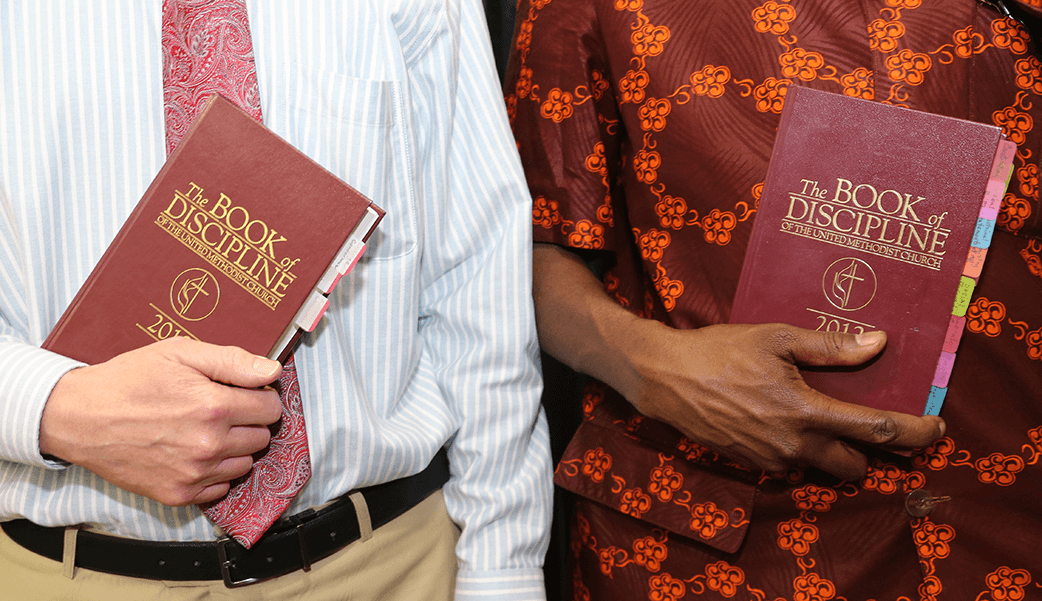A Lay Delegate from Detroit Conference notes the challenges and successes in common around the globe.WAYNE BANK
Lay Delegate, Detroit Conference
Flying into Portland, OR was inviting as the plane descended with Mount Hood gleaming out the window. I am one of thousands from around the globe that experienced that first glimpse of the city.
General Conference is a gathering of people of many first languages. Business is conducted in seven concurrent translations.
During this first week of General Conference, we all break into one of 12 discussion groups. I am assigned to a group of 73 members called Church & Society A. Our job is to make decisions on Social Principles impacting the natural world, political, nurturing, social, economic, and world communities.
Our first task was to discuss the nature of our ministry in our countries and consider The Book of Discipline. Could we have a world book of rules instead of a USA-based book of rules?
Our group formed as chairs filled up around the table until there was no room.
We heard the following as we took turns sharing around the table:
- In Poland, you are called a Pole only if you are Catholic. Not Catholic, then not a Pole. The Catholic influence makes ministry difficult in Poland.
- Denmark is a small country of 5 million, part of the European Union with their own money. People do not move about like in the USA and as such are pretty set in their ways. Ministry is difficult as people are not really open to change.
- The member from Sierra Leone is a principal of a school with 800 male students. It is difficult to keep staff as government organizations pay more. She is short staff and uses volunteers with meager pay or no pay. It is difficult in to be in ministry as women are supposed to be behind males and are not always welcome.
- Liberia uses scripture to confront polygamy by sharing God’s word that a man should leave his parents and marry a women and the two shall become one.
- Slovakia is a country with a small number of churches that work together. The recent immigrant population from the Middle East has challenged them to new ministries.
- The Philippines has endured typhoons and earthquakes. Ministry is supported by local churches and UMCOR.
- United States shared their decline in numbers and the challenge of new ministries. The woman from Texas shared her ministry “on the corner” with 18-35 year olds. She noted that this group feels, “it IS all about me” but she reminds them “it’s not ALL about You.”
- Michigan and Virginia are trying to leave their church buildings to develop ministry in the community, as many people won’t consider entering a church building.
Each of the experiences and issues we shared could have come from any one of the countries. We could see, through this exercise, that we have much in common.
When we, from many countries, finished sharing our successes and our challenges with each other, a global book — able to apply to any place in the world — seemed less difficult to achieve.
We came thinking what a diverse group we were: four continents, seven countries. We left the table knowing we are a world wide church that can work together in sharing God’s love, being in relationship with one another transforming the world.
John Wesley was right: the world is our parish and the world is here in Portland working together.
Last Updated on May 14, 2016

